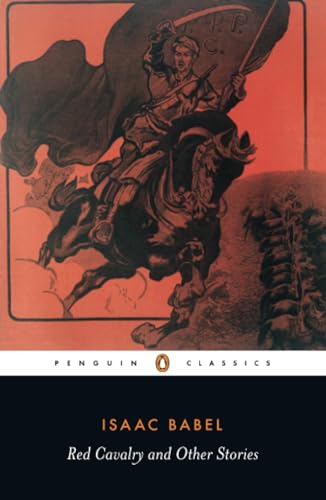Riassunto:
Per tutta la sua vita Isaac Babel fu dilaniato da forze opposte, dal desiderio di rimanere fedele alle sue radici ebraiche e tuttavia di esserne libero. Questa dualità di visione infonde al suo lavoro un'energia potente, dai primi racconti tra cui ''Old Shloyme'' e ''Childhood'', che affermano la sua infanzia ebraico-russa, al mondo relativamente non ebraico della sua raccolta di storie intitolata ''Red Cavalry''. Il capolavoro di Babel, ''Red Cavalry'', è l'espressione più drammatica del suo dualismo e nella sua simultanea accettazione e rifiuto della sua eredità annuncia i grandi scrittori ebrei americani da Henry Roth a Saul Bellow e Philip Roth.
Informazioni sull?autore:
Isaac Babel was born in Odessa in 1894, the son of a Jewish tradesman. At the age of twenty-one he went to St Petersburg, where he had to avoid the Tsarist police because he lacked the residence certificate required of all Jews. Gorky was the first to encourage Babel by printing two of his stories in his magazine. During the First World War, Babel fought with the Tsarist army and in 1917 went over to the Bolsheviks. In 1923 he returned to literature with a number of short stories printed in periodicals. An instant literary success, these formed the nucleus of the Odessa Stories, a group of vivid sketches of Russian Jewish life, and the unforgettable Red Cavalry (1926), written out of his experiences with Budyonny’s cavalry in the Polish campaign of 1920. Other stories, scenarios and plays followed. Unable to conform to the demands for political conformism that were being made on him, however, Babel was arrested suddenly in 1939. He died, possibly in 1941.
David McDuff was educated at the University of Edinburgh and has translated a number of works for Penguin Classics, including Dostoyevsky’s The Brothers Karamazov.
Le informazioni nella sezione "Su questo libro" possono far riferimento a edizioni diverse di questo titolo.
![]()
